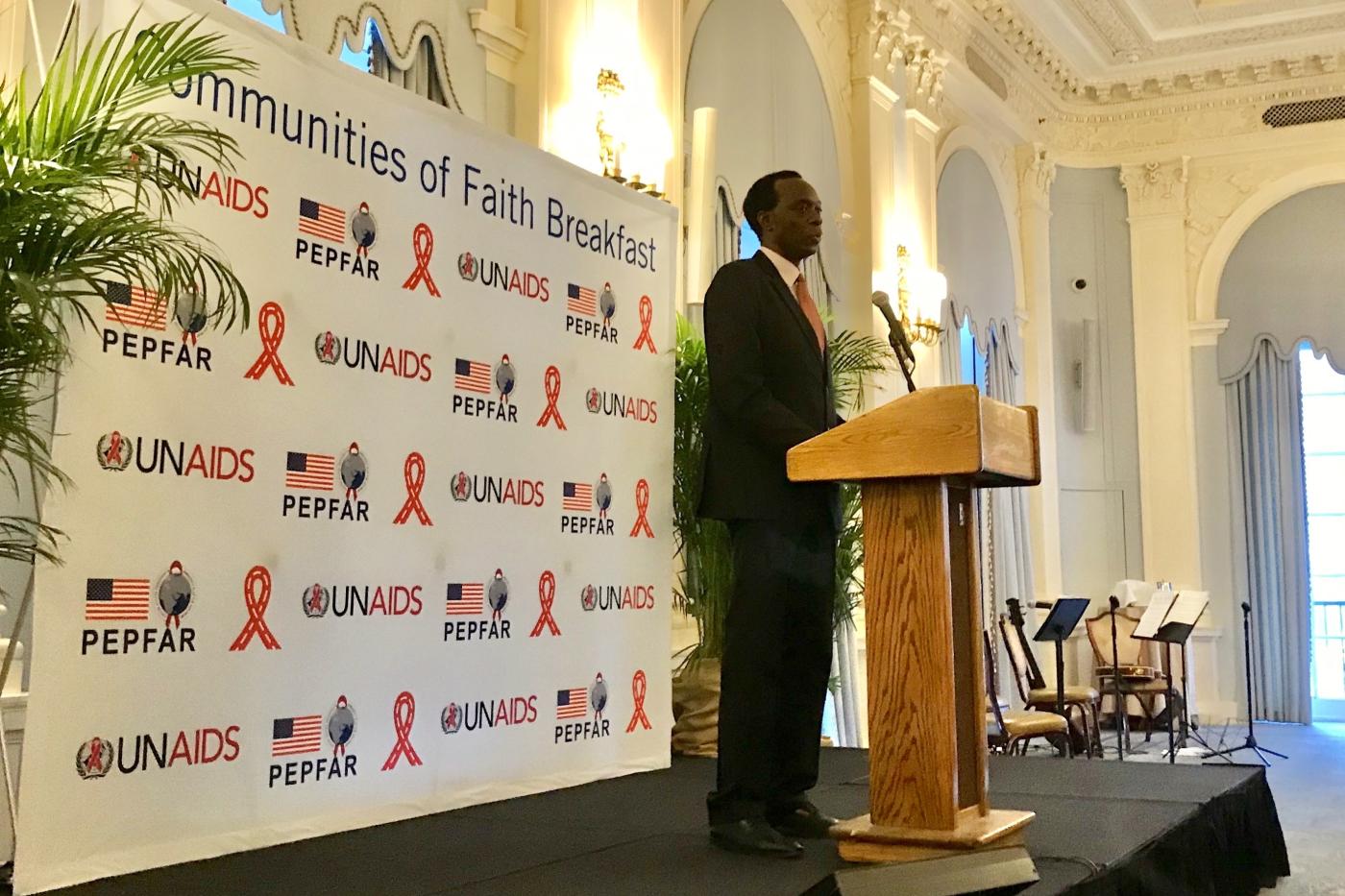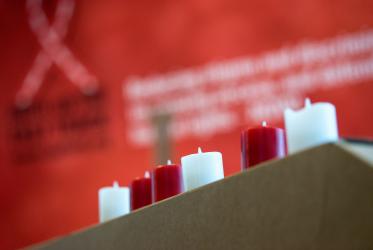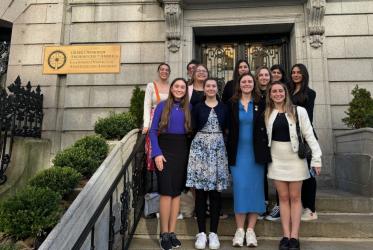An interfaith prayer breakfast in New York City on 26 September tackled the involvement of faith leaders and faith communities, in partnerships with non-faith actors, to accelerate optimal HIV services to reach men and children, and to promote action to address issues related to sexual violence against children and HIV.
Innovative approaches and joint actions to reaching young men, adolescent girls and young women, and HIV-positive children with HIV prevention and treatment services are urgently needed, as well as efforts to prevent and respond to sexual violence against children, which significantly increases their risk of HIV infection.
“Men are disproportionately less likely than women to know their HIV status, less likely to access HIV treatment early, and more likely to die because of AIDS-related illnesses”, said Francesca Merico, HIV Campaign Coordinator for the World Council of Churches (WCC).
“At the same time, children are left behind in the HIV response: the large majority of them remain undiagnosed, have no access to optimal formulations of HIV drugs, and sexual abuse against children which increases HIV infection remains under-reported. We know that by coming together and identifying concrete joint actions we can overcome many challenges”, she added.
With over 150 participants, including selected representatives of a diverse cross-section of religious leaders from different faiths, political leaders, governments, private sector, young women and girls, young people and people living with HIV (PLHIV), the event was organized by the World Council of Churches – Ecumenical Advocacy Alliance (WCC-EAA) collaborating with the Joint United Nations Programme on HIV/AIDS (UNAIDS) and the United States President’s Emergency Plan for AIDS Relief (PEPFAR).
Key gaps toward achieving HIV epidemic control and ensuring justice for children can be addressed by leveraging the unique capacities and compassion of faith-based organizations and communities in partnerships with other sectors.
The event in New York aimed to generate concrete actions, supportive legal and policy frameworks and to foster partnerships to promote justice for children and to reach HIV- positive men. These actions require the involvement of faith leaders and coordinated faith-based effort, as well as renewed, expanded and inclusive partnerships between faith and other sectors.
The WCC’s Ecumenical Advocacy Alliance (WCC-EAA) collaborates with partners around the world on advocacy actions with governments, pharmaceutical and diagnostic companies, and media to improve access to age-appropriate HIV information, testing and treatment for children, adolescents and people living with HIV; to address stigma and discrimination; maintain HIV as priority for churches and at international level; and promote a human-rights base approach to HIV.
Learn more about the WCC-EAA's "Faith on the Fast Track: HIV Campaign"








